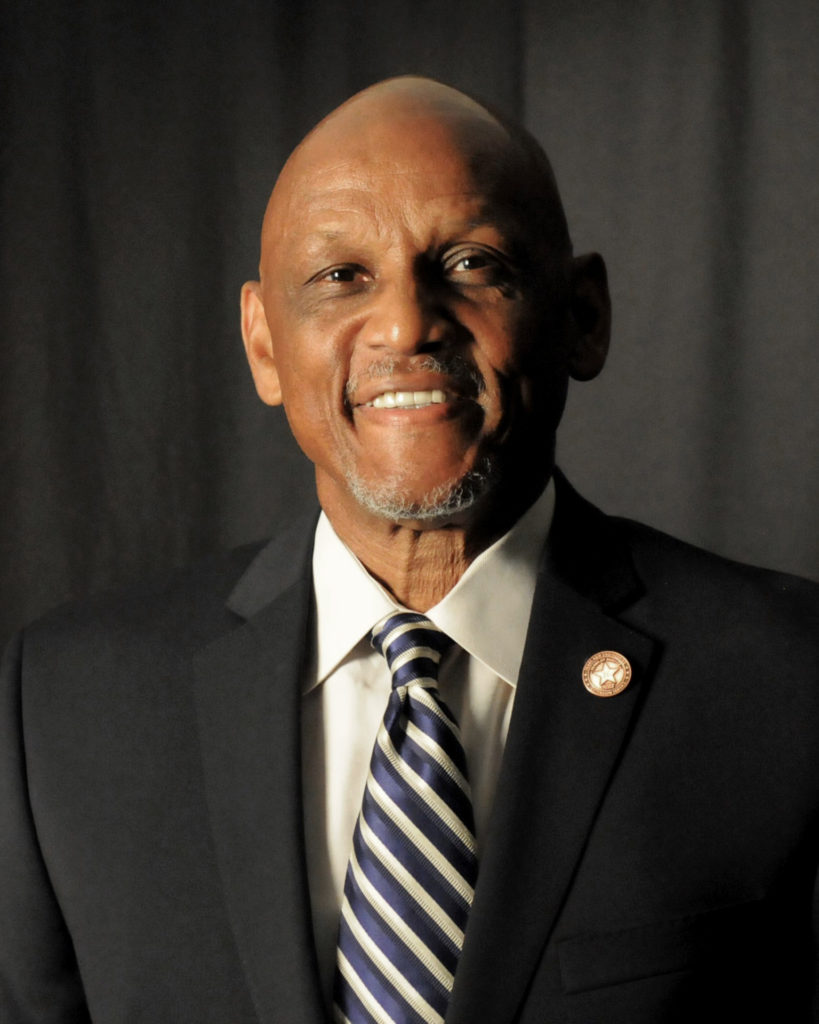Davis named interim director for Texas A&M Forest Service
The Texas A&M University System Board of Regents appoint Davis after retirement of Tom Boggus
Al Davis, deputy agency director of the Texas A&M Engineering Extension Service, TEEX, will serve as interim agency director for the Texas A&M Forest Service after being appointed on June 7 by The Texas A&M University System Board of Regents in a special telephonic meeting.
Davis will fill the position after Thomas G. “Tom” Boggus, former director of Texas A&M Forest Service and state forester of Texas, announced his retirement, effective June 1.
Davis has been employed with TEEX since 2005, having served as director of the National Emergency Response and Recovery Training Center. In 2014, he was appointed to deputy agency director. He is the immediate past chairman of the National Domestic Preparedness Consortium, co-founder and principal emeritus of the National Cyber Security Preparedness Consortium, and a former advisory board member of the National Center for Spectator Sports Safety and Security.
Davis earned a bachelor’s degree in marketing from Southern University and A&M College, Baton Rouge, Louisiana; a master’s degree in national resource strategy from the National Defense University, Washington, D.C.; and a master’s degree of business administration from Averett University, Danville, Virginia.
Prior to his time with The Texas A&M University System, he worked as a consultant with United Water and served as a chief executive of the Public School District in New Orleans. He also served in the U.S. Marine Corps and retired at the rank of colonel.
Texas A&M Forest Service
The mission of the Texas A&M Forest Service is to assure the state’s trees, forests and related natural resources are protected and sustained for the benefit of all. This duty to protect and serve manifests in vary ways.
From the initial response to ongoing recovery, the agency strives to protect Texas from wildfire and other types of disasters. Similarly, the agency boasts strong partnerships with fire departments and governments on a local, state and national level. Its programming and educational outreach directly aids communities across the state in protecting and conserving their lands.



